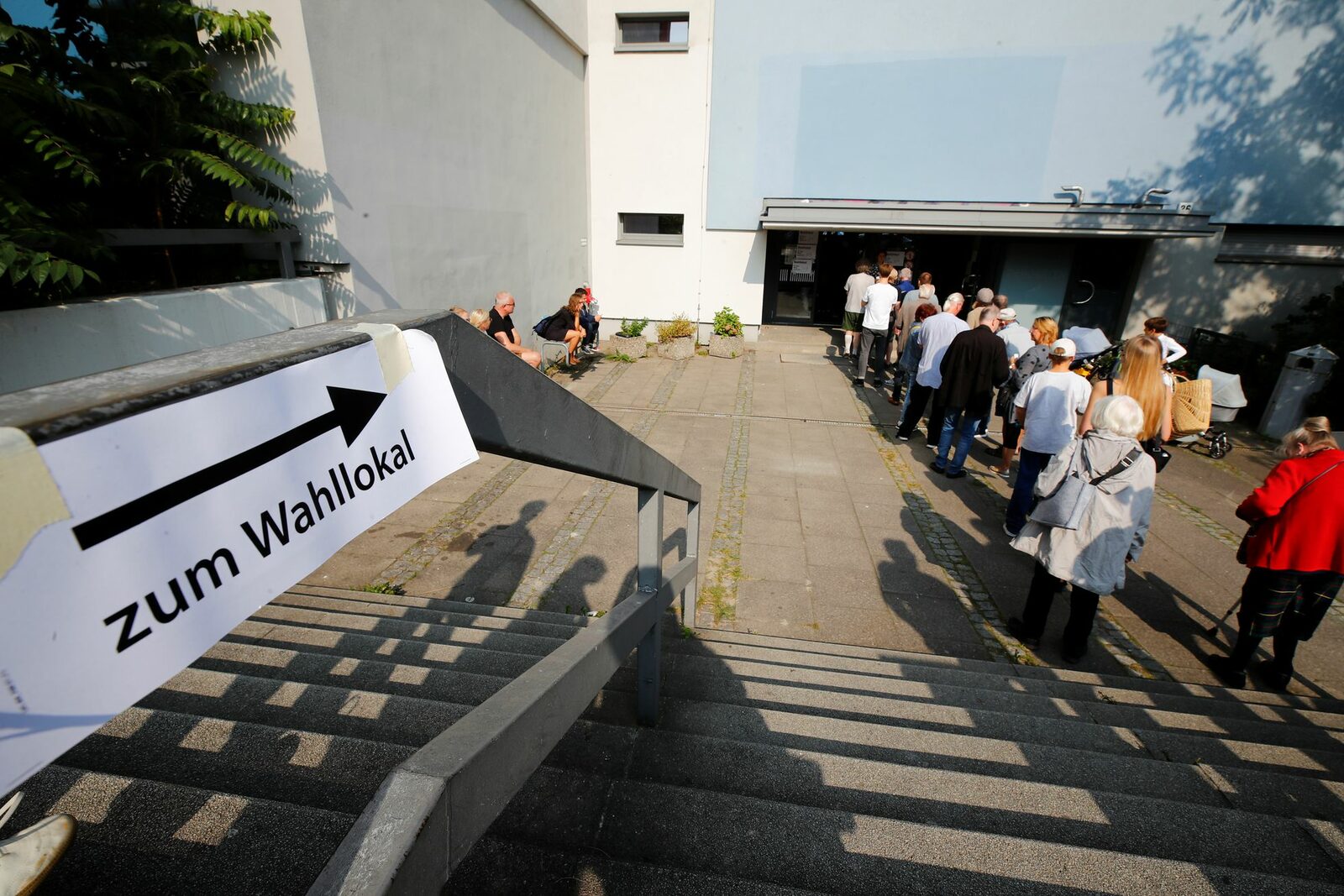Germany designs a new plan to attract young people

A short time ago, the possibility that young people can start voting from the age of 16 was announced. If we remember, in 1996 the federal state of Lower Saxony became the first to introduce this worldwide.
To date, only ten other countries have followed this example, so that at age 16 you can already vote in local elections in: Berlin, Bremen, Hamburg, Baden-Württemberg, Mecklenburg-Western Pomerania, North Rhine-Wesphalia, Schleswig-Holstein, Thuringia, Brandenburg and Saxony-Anhalt.
While at the national level it is a right that until now has only been legislated in Brandenburg, Hamburg, Schleswig-Holstein and Breme n. In Hesse, the right to vote from the age of 16 existed for a very short time, in 1988 the possibility was granted, but this was changed in 1999 during the government of Roland Koch.
They cannot be candidates, but they can vote
Despite having the right to vote, in none of these regions do 16-year-olds have the right to run as candidates, which means that they have the right to vote, but not to be elected as politicians.
On the other hand, in the Bundestar, the vote for those under 18 years of age has been banned since 1949, and that is what Olaf Scholz's semaphore coalition wants to change right now. This has been made known in the text for the formation of government.
It is a matter that has been promoted from the Social Democratic youth by its president, Kevin Kunert, who has recently left his post to occupy his first post in the Bundestag and where he is running as the emerging leader of the SPD.
Likewise, Kunert is completely convinced that the loss of the status of "Wolkspertei" by the Social Democrats, who in the last decade have had to see how electoral results fall below 20%, lies in the flight of the young vote and in the aging of Germany's population.
Being able to take advantage of all the votes of the youngest is a reading that is also done in Spain by the extreme left of Podemos, who have the same demand for the vote at 16 years of age.
Generational struggle and not so much political
This is how Kunert poses all this political struggle as something more generational and strives for the strategy of being able to add new voters, this time to the 16-year-olds, which he considers will return the SPD in the next elections an advantage over the conservative CDU.
According to their demand, there is a coalition agreement between the SPD, the FDP and the Greens that includes this modification within a much broader reform plan.
After the last elections in Germany on September 26, this country has one of the largest parliaments in the world, they have 736 tin and there is a broad consensus on the possibility of using a reform that returns the chamber to a much more functional and rational format.
Within this entire agreement it is determined that the minimum age to be able to participate in federal elections is reduced to 16 years, or at least the FDP, the Greens and the SPD wish to do so. In the same way, they have exposed their intentions to be able to lower the voting age to participate in the elections to the European Parliament, which would go from 18 years to 16 years.
While for the European elections it is believed that the coalitionists could try to adopt these reforms with a simple majority, thus modifying the European Electoral Law. For the Bundestad elections the situation is different, since there it would be necessary to amend the Basic Law.
In this way, the approval of at least two-thirds of the Bundestag members would be required, which means that the coalition partners would also need to count on the votes of the opposition, something that is very difficult to achieve.
However, so far the left-wing Die Linke party has been happy with this project, while the far-right Alternative for Germany and the conservative CDU are totally against it.
Reforms to attract the attention of young people
The idea is clear, they want to attract young people, and they also want to apply other reforms that favor this sector, such as the legalization of cannabis, greater facilities for abortion and the recognition of transgender sex.
So far, the pact that the three political parties have reached brings together a reform so that the Social Security Banks cancel all contraceptive expenses and a reform of the Training Assistance Law, which would be giving scholarships to many students to change of his family emancipation.
The objective of these scholarships is to make peers more dependent on their children and to raise the limits of age and payment period, which would help prolong university life at the expense of public aid.
Therefore, it is expected that all these issues will be legislated during the next four years, which will occupy a large space in public debates, this will promote greater visibility for the SPD party among young people, according to Kevin's strategy. Kunert and will serve so that the SPD can recover votes in the next generals.
